The forex market, short for the foreign exchange market, is a global marketplace where various currencies are traded. It is known for its unique characteristic of operating 24 hours a day, five days a week. In this article, we will delve into the intricacies of the forex market, exploring its 24-hour nature and shedding light on its significance in the world of finance. Join us as we unravel the mysteries behind the continuous trading activities that drive this dynamic market.
Understanding the Forex Market
The forex market is the largest and most liquid financial market in the world. It serves as a platform for individuals, institutions, corporations, and governments to exchange currencies, facilitating international trade and investment. Unlike traditional stock markets with centralized exchanges, the forex market operates as an over-the-counter (OTC) market, where trading is conducted electronically between participants worldwide.
The Four Major Trading Sessions
To comprehend the 24-hour nature of the forex market, it is essential to understand the concept of trading sessions. The market is divided into four major sessions based on the geographical location of the financial centers:
1. Asian Session
The Asian session, also referred to as the Tokyo session, begins with the opening of the Tokyo Stock Exchange at [insert time]. It accounts for a significant portion of the daily forex trading volume, primarily driven by market participants from Japan, China, Australia, and other countries in the Asia-Pacific region.
2. European Session
Following the Asian session, the European session takes center stage. This session commences with the opening of major financial hubs such as London, Frankfurt, and Paris. It is during this period that trading activities significantly overlap, leading to increased market liquidity and volatility.
3. North American Session
As the European session nears its end, the North American session comes into play. The major financial centers of New York and Toronto become the focal points of trading during this session. The North American session often witnesses high trading volumes, as it overlaps with both the European and Asian sessions.
4. Pacific Session
The Pacific session, also known as the Sydney session, is the final major trading session of the day. It commences with the opening of the Sydney Stock Exchange and marks the beginning of a new trading day. Although the trading volume during this session is relatively lower compared to the others, it still contributes to the continuous 24-hour operation of the forex market.
Reasons for the 24-Hour Operation
1. Global Timezone Coverage
One of the primary reasons for the forex market's 24-hour operation is the global timezone coverage. As the market transitions from one major trading session to another, the torch is passed from one financial center to another, ensuring continuous trading activities around the world. This enables market participants from different time zones to engage in forex trading at their convenience.
2. International Trade and Economic Activity
Another factor driving the forex market's round-the-clock operation is the continuous flow of international trade and economic activity. In today's interconnected world, businesses operate globally, necessitating the need for currency exchange at any given time. Whether it's a company in Asia paying for imports from Europe or a traveler exchanging currency before embarking on a journey, the forex market remains open to accommodate these transactions.
3. News and Events Impacting Currencies
Currencies are sensitive to news and events that occur around the clock. Economic indicators, geopolitical developments, and central bank announcements can all influence currency values. By operating continuously, the forex market allows traders to react promptly to news and events, adjusting their positions accordingly. This flexibility and responsiveness contribute to the market's efficiency and liquidity.
The Role of Technology
Advancements in technology have played a significant role in enabling the 24-hour operation of the forex market. The proliferation of electronic trading platforms, high-speed internet connectivity, and sophisticated trading software have made it possible for traders to participate in the market from anywhere in the world at any time. These technological advancements have enhanced accessibility and facilitated the seamless execution of trades, contributing to the market's continuous operation.
Conclusion
In conclusion, the forex market operates 24 hours a day due to its global nature, international trade demands, and the influence of news and events on currency values. The four major trading sessions ensure that trading activities continue seamlessly, allowing participants from different time zones to engage in forex trading. The market's round-the-clock operation is made possible by advancements in technology, which have revolutionized the way trades are executed. Understanding the 24-hour nature of the forex market is crucial for both aspiring and experienced traders, as it provides insights into the dynamics of this vast and ever-evolving financial market.
1. What is the forex market?
The forex market, also known as the foreign exchange market, is a global marketplace where currencies are traded. It facilitates international trade and investment by allowing individuals, institutions, corporations, and governments to exchange one currency for another.
2. Why does the forex market operate 24 hours a day?
The forex market operates 24 hours a day to accommodate the needs of market participants from different time zones. It ensures continuous trading activities and allows traders to react promptly to news and events that impact currency values.
3. What are the major trading sessions in the forex market?
The major trading sessions in the forex market are the Asian session, European session, North American session, and Pacific session. These sessions are based on the geographical location of the financial centers and their opening and closing times.
4. How does technology contribute to the 24-hour operation of the forex market?
Technological advancements, such as electronic trading platforms and high-speed internet connectivity, have made it possible for traders to participate in the forex market from anywhere in the world at any time. This enhanced accessibility has facilitated the continuous operation of the market.
5. How can I start trading in the forex market?
To start trading in the forex market, you need to open an account with a reputable forex broker, deposit funds into your trading account, and familiarize yourself with trading strategies and risk management techniques. It is essential to educate yourself and practice trading in a demo account before risking real money.
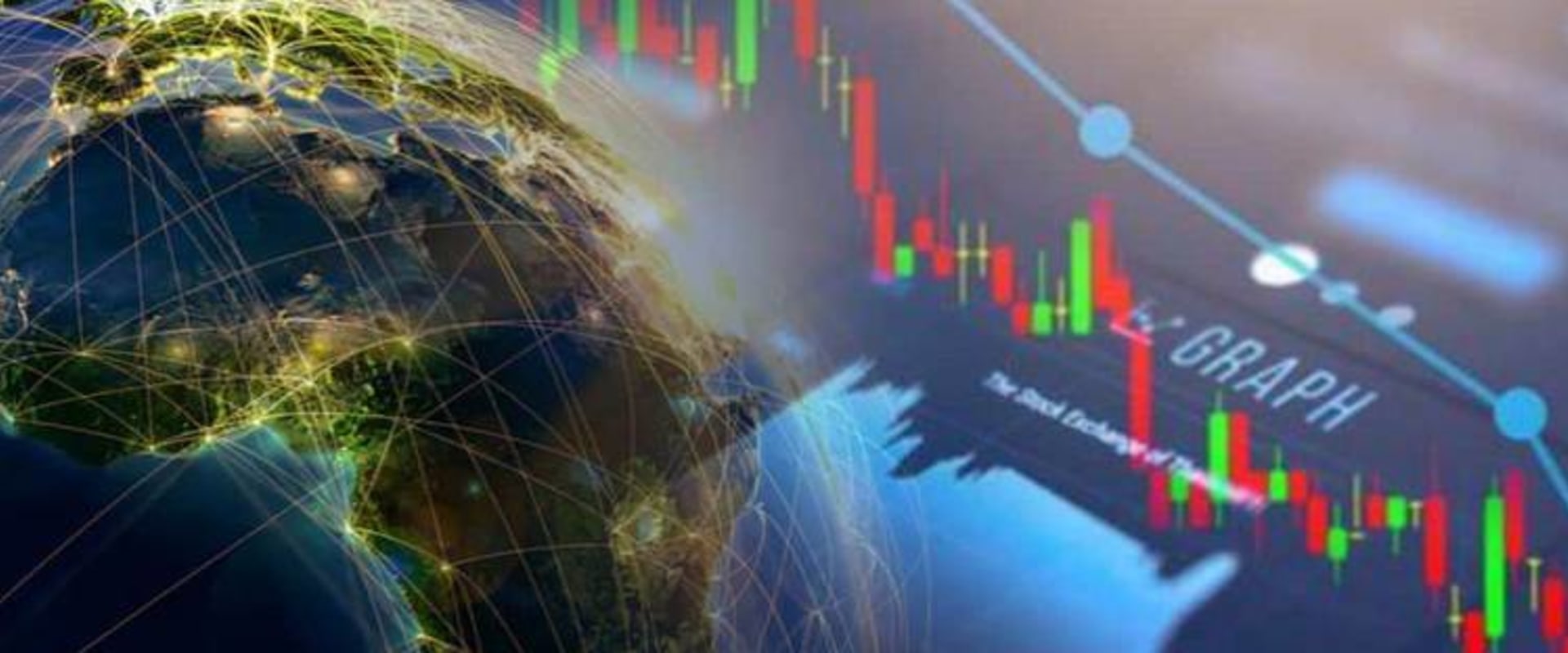
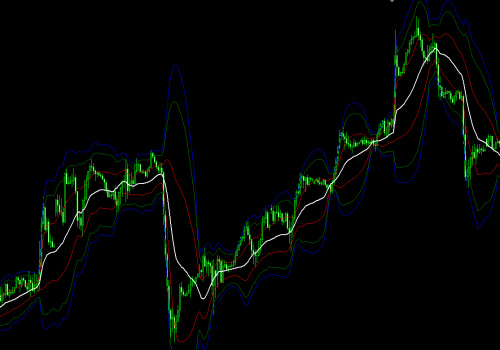

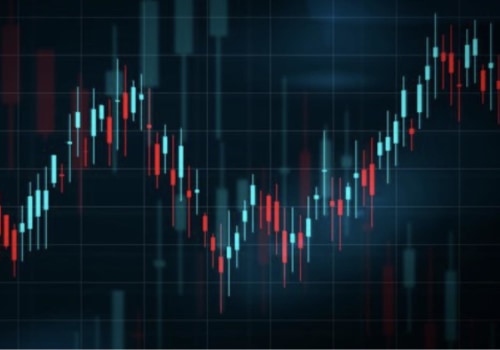


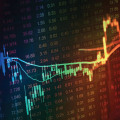

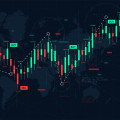
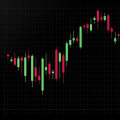
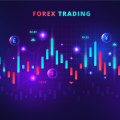

Leave Reply